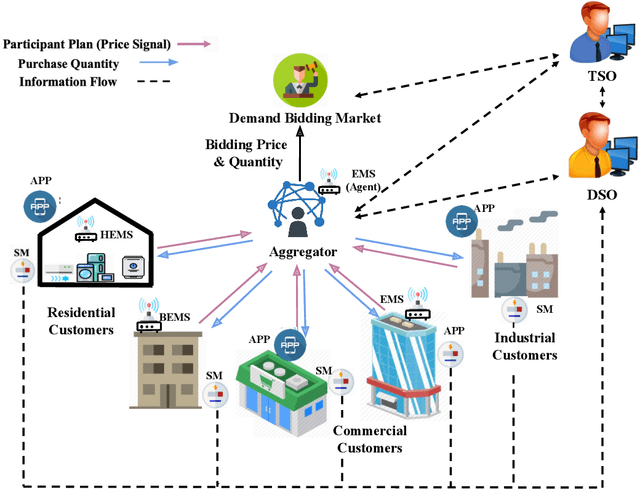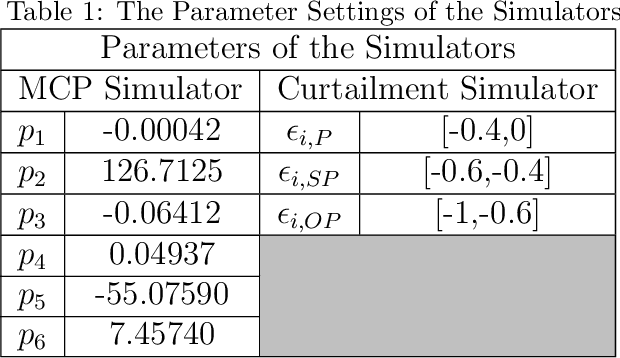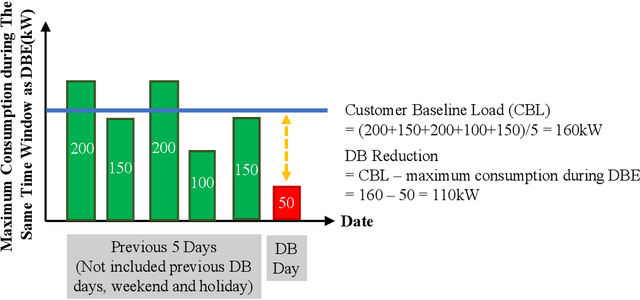Kuan-Cheng Lee
Grounding Stylistic Domain Generalization with Quantitative Domain Shift Measures and Synthetic Scene Images
May 24, 2024



Abstract:Domain Generalization (DG) is a challenging task in machine learning that requires a coherent ability to comprehend shifts across various domains through extraction of domain-invariant features. DG performance is typically evaluated by performing image classification in domains of various image styles. However, current methodology lacks quantitative understanding about shifts in stylistic domain, and relies on a vast amount of pre-training data, such as ImageNet1K, which are predominantly in photo-realistic style with weakly supervised class labels. Such a data-driven practice could potentially result in spurious correlation and inflated performance on DG benchmarks. In this paper, we introduce a new DG paradigm to address these risks. We first introduce two new quantitative measures ICV and IDD to describe domain shifts in terms of consistency of classes within one domain and similarity between two stylistic domains. We then present SuperMarioDomains (SMD), a novel synthetic multi-domain dataset sampled from video game scenes with more consistent classes and sufficient dissimilarity compared to ImageNet1K. We demonstrate our DG method SMOS. SMOS first uses SMD to train a precursor model, which is then used to ground the training on a DG benchmark. We observe that SMOS contributes to state-of-the-art performance across five DG benchmarks, gaining large improvements to performances on abstract domains along with on-par or slight improvements to those on photo-realistic domains. Our qualitative analysis suggests that these improvements can be attributed to reduced distributional divergence between originally distant domains. Our data are available at https://github.com/fpsluozi/SMD-SMOS .
Data-Driven Online Interactive Bidding Strategy for Demand Response
Feb 09, 2022



Abstract:Demand response (DR), as one of the important energy resources in the future's grid, provides the services of peak shaving, enhancing the efficiency of renewable energy utilization with a short response period, and low cost. Various categories of DR are established, e.g. automated DR, incentive DR, emergency DR, and demand bidding. However, with the practical issue of the unawareness of residential and commercial consumers' utility models, the researches about demand bidding aggregator involved in the electricity market are just at the beginning stage. For this issue, the bidding price and bidding quantity are two required decision variables while considering the uncertainties due to the market and participants. In this paper, we determine the bidding and purchasing strategy simultaneously employing the smart meter data and functions. A two-agent deep deterministic policy gradient method is developed to optimize the decisions through learning historical bidding experiences. The online learning further utilizes the daily newest bidding experience attained to ensure trend tracing and self-adaptation. Two environment simulators are adopted for testifying the robustness of the model. The results prove that when facing diverse situations the proposed model can earn the optimal profit via off/online learning the bidding rules and robustly making the proper bid.
 Add to Chrome
Add to Chrome Add to Firefox
Add to Firefox Add to Edge
Add to Edge